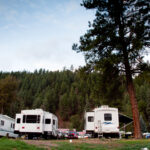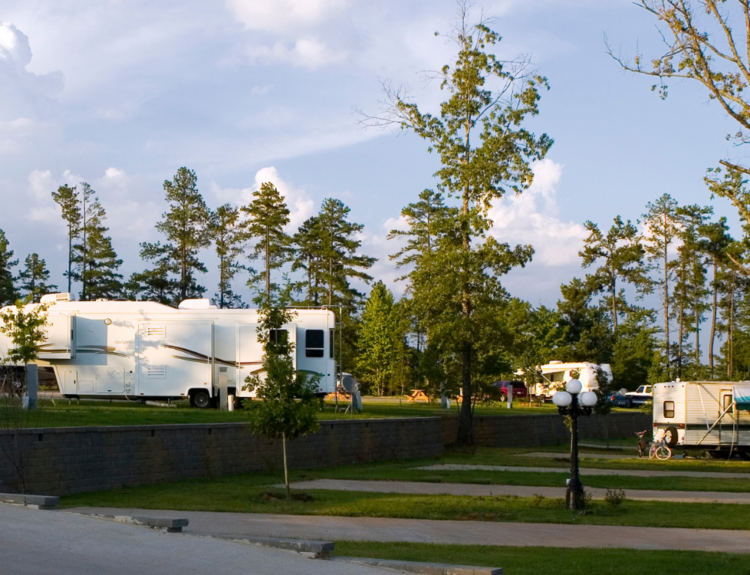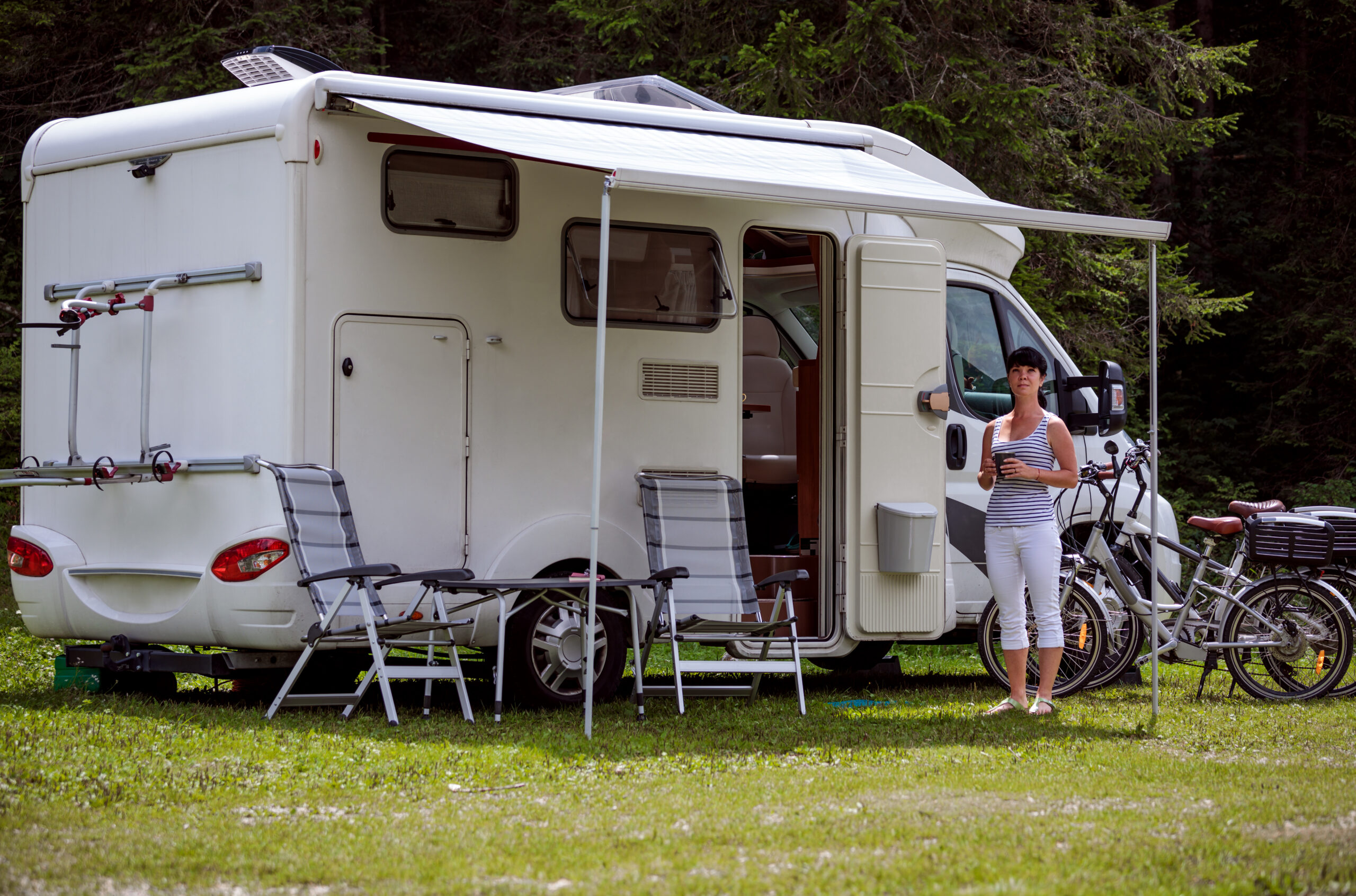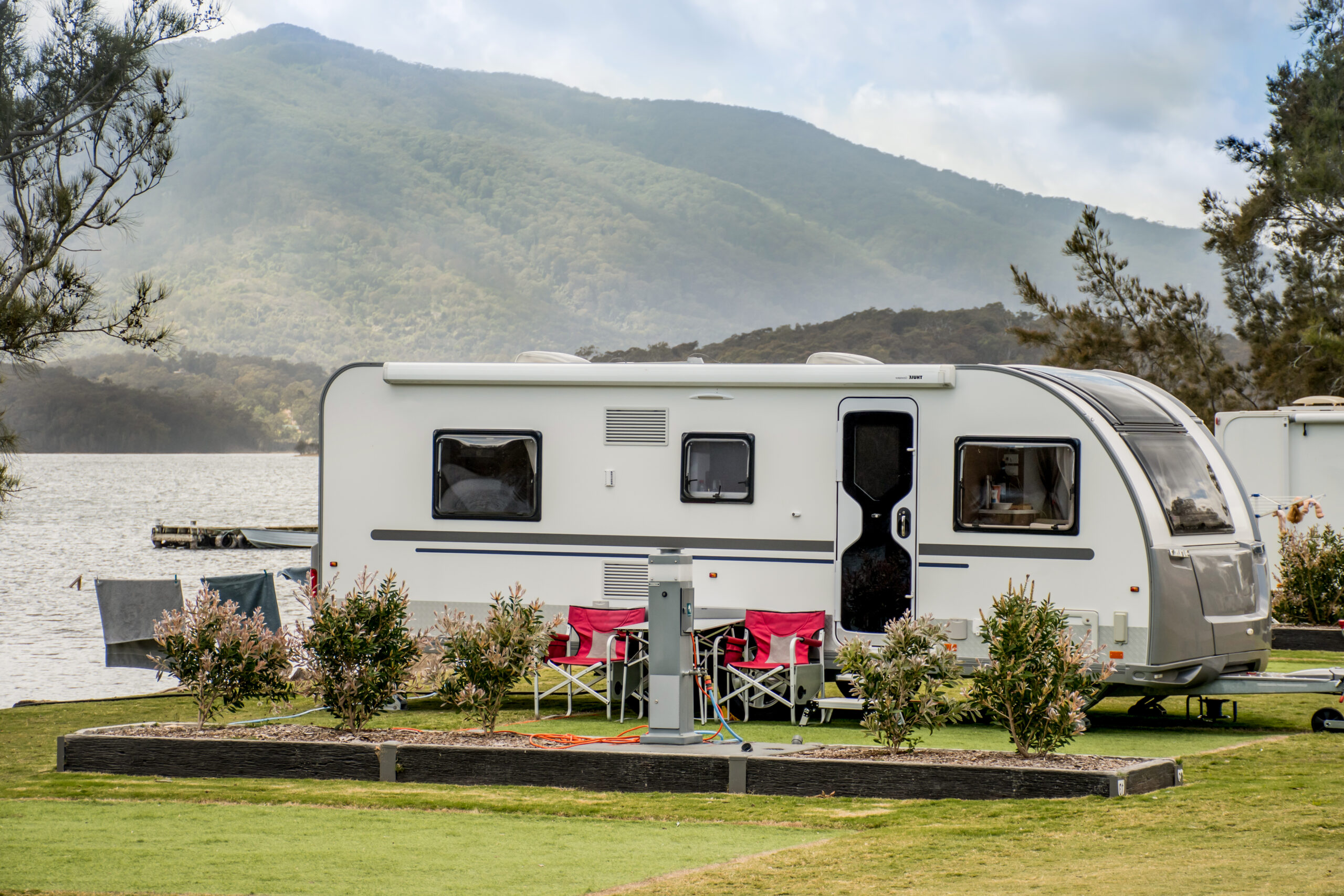The Outer Banks, a picturesque string of barrier islands off the coast of North Carolina, offers a unique blend of natural beauty, rich history, and outdoor adventure that makes it an ideal destination for long-term camping.
Long-term camping has become increasingly popular in this coastal destination, offering benefits for both campground owners and campers.
In this article, we will delve into the essentials of long-term camping and explore why the Outer Banks is a prime location for this type of outdoor experience. We’ll guide you through the steps to develop a successful long-term camping strategy, covering everything from market research to discounts for extended stays and managing limited resources.
Learn how to attract and manage long-term campers, overcome challenges, and maintain a successful business in this thriving market.
Why is Long-Term Camping Popular in the Outer Banks?
Long-term camping in the Outer Banks is popular due to its stunning coastal views, diverse outdoor activities, and a rich tapestry of local attractions, making it an ideal destination for extended stays amidst nature’s beauty.
The Outer Banks offer a unique mix of landscapes, from pristine beaches to maritime forests. Long-term campers can enjoy activities like kayaking through the peaceful sound waters, surfing on the Atlantic waves, or hiking along the picturesque trails.
The local charm of the Outer Banks is embodied in its quaint villages, delicious seafood cuisine, and vibrant cultural events that make every day a new adventure.
Whether you seek solace in nature or friendly community gatherings, the Outer Banks provide an enriching long-term camping experience.
What are the Benefits of Long-Term Camping for Campground Owners?
Long-term camping offers campground owners the opportunity to establish a steady revenue stream, promote sustainable tourism practices, and foster lasting relationships with campers, enhancing the overall profitability and environmental stewardship of the campground.
- By encouraging long-term stays, campground owners can maximize their revenue potential by securing extended bookings, ensuring a consistent flow of income throughout the camping season.
- Implementing sustainable tourism initiatives not only attracts eco-conscious campers but also positions the campground as an environmentally responsible destination.
- Building long-term customer loyalty involves creating personalized experiences, offering loyalty programs, and maintaining high-quality amenities to keep campers coming back year after year
Long-term camping contributes not only to financial gains but also to a sense of community and shared environmental values.
What are the Benefits of Long-Term Camping for Campers?
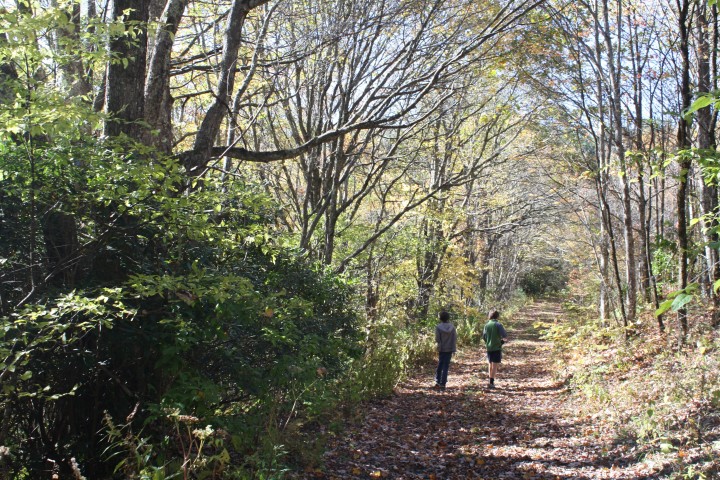
Long-term camping provides campers with a sense of community, access to well-equipped camping grounds, a range of amenities, and a plethora of outdoor activities, ensuring a memorable and enriching camping experience in the Outer Banks.
This communal aspect fosters lasting relationships among campers, creating a supportive and inclusive environment to share stories and adventures.
Campers in the Outer Banks can indulge in a variety of outdoor activities, from hiking and fishing to kayaking and stargazing, with the vast expanse of nature at their disposal. The camping experience provides a perfect blend of relaxation and adventure for long-term campers.
How to Attract Long-Term Campers to Your Campground in the Outer Banks?
Attracting long-term campers to your campground in the Outer Banks requires a strategic approach. Here are a few initiatives you can take:
1. Offer Discounts for Extended Stays
Encourage long-term camping by offering enticing discounts and seasonal promotions for extended stays, providing campers with cost-effective options while maximizing campground occupancy and revenue.
Seasonal promotions add an element of excitement and urgency, motivating campers to make their reservations sooner rather than later. These offers can be tailored to coincide with popular camping seasons, holidays, or special events, creating a buzz and driving up interest in long-term stays.
Effective utilization of dynamic pricing strategies alongside carefully planned seasonal promotions can be a game-changer for campground owners looking to maintain a steady flow of long-term guests.
2. Provide Amenities for Long-Term Camping
Enhance the long-term camping experience by providing top-notch amenities, well-maintained facilities, and exceptional customer service, ensuring that campers feel comfortable, valued, and content during their extended stay.
Excellent customer service is another key factor that can make a significant difference in attracting and retaining long-term campers, as it fosters a sense of trust, communication, and satisfaction in their interactions with the campground staff.
3. Promote Local Attractions and Activities
Highlight the diverse local attractions and outdoor activities near your campground to attract long-term campers seeking adventure, exploration, and community engagement, creating a compelling proposition for extended stays.
Delve into the rich tapestry of options waiting to be discovered, from scenic hiking trails leading to breathtaking viewpoints to engaging community events that foster connections with fellow travelers and locals alike.
4. Offer Flexible Payment Options
Facilitate long-term camping reservations by providing flexible payment options that enhance accessibility and convenience for campers, thereby improving customer retention rates and ensuring a seamless booking experience.
By offering a variety of payment methods such as credit/debit cards, bank transfers, and digital wallets, campers have the flexibility to choose the option that best suits their preferences.
A user-friendly interface that simplifies the payment process adds to the convenience and efficiency of securing a reservation, ultimately contributing to a positive customer experience and fostering long-term relationships with campers.
What are the Challenges of Long-Term Camping for Campground Owners?
Long-term camping presents numerous opportunities for campground owners, but it also comes with its own set of challenges. Understanding these challenges is essential for developing effective strategies to overcome them and ensure a successful long-term camping operation.
1. Infrastructure and Maintenance
Wear and Tear
Long-term campers use facilities more intensively than short-term visitors, leading to increased wear and tear on infrastructure. Roads, plumbing, electrical systems, and communal areas require regular maintenance to remain in good condition.
Upgrading Facilities
To meet the needs of long-term campers, campgrounds may need to upgrade facilities, such as installing more reliable internet connections, expanding laundry services, and providing enhanced site amenities like patios and storage sheds. These upgrades can be costly and require careful planning and budgeting.
2. Managing Camper Expectations
Customization and Personalization
Long-term campers often expect a higher level of customization and personalization compared to short-term visitors. They may have specific requirements for their sites and amenities, necessitating a flexible approach from campground owners.
Consistent Quality Service
Providing consistent, high-quality service over extended periods can be challenging. Long-term campers build relationships with staff and have higher expectations for ongoing support and attention. Maintaining high service standards and addressing issues promptly is crucial for keeping long-term campers satisfied.
3. Regulatory and Compliance Issues

Zoning and Land Use
Long-term camping can raise zoning and land use issues, as some areas have regulations that restrict extended stays. Campground owners must navigate local zoning laws and ensure compliance with all regulations to avoid legal complications.
Health and Safety Regulations
Ensuring compliance with health and safety regulations is critical. Long-term campers expect a safe and healthy environment, requiring regular inspections and adherence to sanitation standards, fire safety regulations, and other health protocols.
4. Financial Management
Revenue Management
While long-term campers provide a steady income stream, managing revenue can be complex. Pricing strategies need to balance affordability for campers with profitability for the campground. Offering discounts for long-term stays must be carefully calculated to ensure financial sustainability.
Investment in Improvements
Continuous investment in campground improvements is necessary to meet the evolving needs of long-term campers. This requires effective financial planning and management to allocate resources appropriately without straining the budget.
5. Social Dynamics and Community Building
Managing Community Dynamics
Long-term campers often form close-knit communities, which can lead to social dynamics that need careful management. Conflicts between campers, issues of inclusivity, and maintaining a positive community atmosphere are ongoing challenges.
Fostering a Positive Community
Creating and maintaining a positive community environment is crucial. Campground owners need to organize activities, facilitate social interactions, and address any issues promptly to foster a welcoming and cohesive community for long-term campers.
6. Dealing with Seasonal Changes
Weather-Related Challenges
Seasonal changes in the Outer Banks can bring about various weather-related challenges that require preparedness and contingency plans. Campground owners must ensure that their facilities can withstand seasonal weather changes and have procedures in place for emergencies.
Fluctuations in Demand
Seasonal variations can lead to fluctuations in camper demand. Campground owners need to manage occupancy rates and adjust marketing strategies accordingly. Offering seasonal promotions and adjusting pricing can help balance occupancy throughout the year.
7. Ensuring Safety and Security
Safety Protocols
Maintaining safety is paramount for long-term campers. Campground owners must establish and enforce safety protocols, such as regular site inspections, fire safety measures, and clear emergency procedures.
Security Measures
Ensuring the security of campers and their belongings is essential. This includes implementing adequate lighting, secure entry and exit points, surveillance systems, and having staff on hand to handle any security issues. Creating a safe and secure environment helps build trust and satisfaction among long-term campers.
Understanding and addressing the challenges of long-term camping is essential for campground owners aiming to succeed in this growing market. By focusing on these aspects, campground owners can overcome these challenges and create a thriving environment for long-term camper
How to Maintain a Successful Long-Term Camping Business in the Outer Banks?
Sustaining a successful long-term camping business in the Outer Banks requires a strategic approach that focuses on revenue generation, brand development, and continuous service improvements to meet the evolving needs of campers and maintain a competitive edge in the hospitality industry.
1. Continuously Improve and Update Your Services
Regularly enhancing and updating services is key to meeting the changing needs of long-term campers, facilitating campground upgrades, exploring expansion opportunities, and ensuring a high level of guest satisfaction and retention.
By investing in amenities such as upgraded shower facilities, improved Wi-Fi connectivity, and eco-friendly initiatives, campground owners can create a more comfortable and sustainable environment for guests.
Identifying expansion opportunities like adding additional RV sites or introducing new recreational activities can attract a broader range of campers and increase revenue streams.
Focusing on enhancing guest experiences through personalized services, community-building events, and responsive customer service can foster loyalty and positive word-of-mouth recommendations, driving long-term success in the camping industry.
2. Foster a Sense of Community among Long-Term Campers
Creating a vibrant sense of community among long-term campers through membership programs, community relations initiatives, and engaging recreational activities fosters camaraderie, loyalty, and a shared connection, enriching the overall camping experience.
These community-building efforts not only facilitate interactions but also provide a support system for campers, creating a welcoming environment where they feel valued and connected.
Membership programs offer exclusive benefits and privileges, incentivizing campers to become more involved and committed to the campground community.
By organizing regular social events and group activities, campground owners can cultivate a bond among campers, encouraging friendships to flourish and enhancing the overall sense of belonging.
3. Build a Strong Online Presence and Reputation
Establishing a robust online presence and cultivating a positive reputation through effective social media marketing and website optimization are crucial for attracting long-term campers, increasing visibility, and driving engagement with potential guests.
- By utilizing social media platforms like Facebook, Instagram, and Twitter, campground owners can connect with their target audience, share engaging content, and showcase the unique offerings of their site. Consistent interaction and regular posting can help build a loyal community of followers and encourage user-generated content, further boosting credibility and trust.
- Implementing SEO techniques on their website, such as optimizing meta tags, improving site speed, and creating quality content with relevant keywords, can significantly enhance their online visibility and search engine rankings, making it easier for potential campers to find and choose their campground.
Premium Website Builder is a solution Roverpass has developed to help RV parks create stunning and effective websites. Our experts can help you create a visually appealing, user-friendly website that effectively communicates your eco-friendly ethos. With SEO optimization and content creation skills, we can ensure your site ranks well in search engines, making it easier for potential long-term camping guests to find you.
Frequently Asked Questions
- What are the benefits of offering long-term camping options at my Outer Banks campground?
By offering long-term camping options, you can attract more customers who are looking for affordable and extended stays at your campground. This can also lead to increased revenue and occupancy rates. - How can I promote my Outer Banks campground as a long-term camping destination?
You can promote your campground through various channels such as social media, online listings, and partnerships with local businesses. You can also offer special discounts for long-term campers to attract more customers.
- How can I ensure a positive experience for long-term campers at my Outer Banks campground?
It is important to provide amenities and services that cater to the needs of long-term campers, such as laundry facilities, reliable Wi-Fi, and a designated mail and package delivery system. Regular maintenance and upkeep of the campground is also crucial for a positive experience.
- What are some strategies for managing long-term campers at my Outer Banks campground?
It is important to have clear and concise rules and regulations in place for long-term campers. This can include guidelines for extended stays, noise levels, and common area usage. Maintaining open communication with long-term campers can also help resolve any issues that may arise.
- Are there any potential challenges or drawbacks to offering long-term camping options at my Outer Banks campground?
Some potential challenges may include dealing with long-term campers who do not follow rules or cause disruptions, managing extended stays during peak seasons, and balancing the needs of short-term and long-term campers. It is important to carefully consider these factors before implementing long-term camping options.
- How can I ensure a profitable long-term camping program at my Outer Banks campground?
To ensure profitability, it is important to carefully plan and budget for the cost of offering long-term camping options. You can also consider offering additional services such as storage options or recreational activities for an additional fee. Regularly reviewing and adjusting pricing and policies can also help maintain profitability.
Keep reading our blog for more insights and tips on thriving in the RV park and campground industry.


